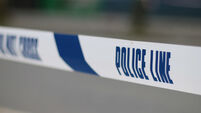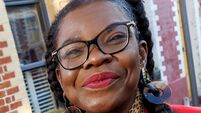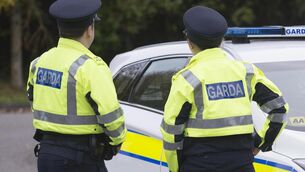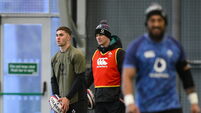80 calls by families to gender identity helpline
Vanessa Lacey from Transgender Equality Network Ireland (TENI) told the Joint Oireachtas Committee on Health and Children that for some of the children, hormone treatment is a medical necessity to relieve negative symptoms associated with their condition.
A transgender man or woman is a person whose gender identity and/or gender expression differs from the sex you are born with and such issues often arise in early childhood.













